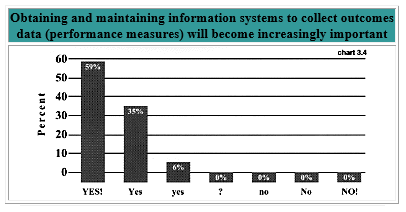Community Colleges to Develop Innovative Solutions for Hunger Relief and Student Success

With support from the Walmart Foundation, the League for Innovation in the Community College has launched "Innovative Solutions for Hunger Relief and Student Success," a two-year project to help community colleges reduce food insecurity for students and their families in sustainable ways that foster student retention, persistence, and success.
Almost half of U.S. community college students responding to the #RealCollege survey conducted by the Hope Center for College, Community and Justice indicated that they have experienced food insecurity (Goldrick-Rab et al., 2019). Through the Walmart Foundation grant of $1,258,952, the League is working with two community colleges serving rural, economically distressed areas to develop effective, innovative models that can be adopted or adapted by community colleges and other institutions.
Dr. Rufus Glasper, President and CEO of the League, said, “We are committed to strengthening the ecosystem in which our students and community colleges live. The African proverb ‘it takes a village to raise a child’ reflects what we seek to achieve by identifying solutions for students and their families that are sustainable, scalable, and transformative.” 
"Food insecurity is a major factor in not only the health and well-being of students, but also their academic success," stated Eileen Hyde, Director of Hunger and Healthy Eating for Walmart.org. "The Walmart Foundation is pleased to support the Innovative Solutions for Hunger Relief and Student Success program and the potential it has to effect change in the lives of adult learners who struggle because of the lack of access to food."
As part of the project, staff, students, and community members at Northeast Texas Community College and West Kentucky Community and Technical College will be trained in Innovation Engineering, a proven systems approach to innovation created by Eureka! Ranch. Eureka! Ranch will conduct the training as well as coach the colleges’ project teams as they identify and develop effective solutions through Innovation Engineering’s use of Fast Fail and Plan-Do-Study-Act processes.
Ultimately, this process looks at the food insecurity problem not in isolation, but in the context of a larger ecosystem and ways it can better support the basic needs of its population.
Dr. Anton Reece, President and CEO of West Kentucky Community and Technical College, said his college is “honored to be selected to participate in the Innovative Solutions for Hunger Relief and Student Success” project. He further notes that “the focus on hunger relief and student success is timely in higher education . . . because of the impact on our students.”
Dr. Ron Clinton, President of Northeast Texas Community College, stated that his college is “excited to begin work on achieving the grant goals,” which support “ongoing efforts at NTCC to nurture a true culture of care for our students.”
The Hope Center for College, Community and Justice, located at Temple University and directed by Dr. Sara Goldrick-Rab, is providing pre- and post-assessment of the scope of need among students and their families at the participating colleges.
For information about the project, visit www.league.org/hungerrelief.










